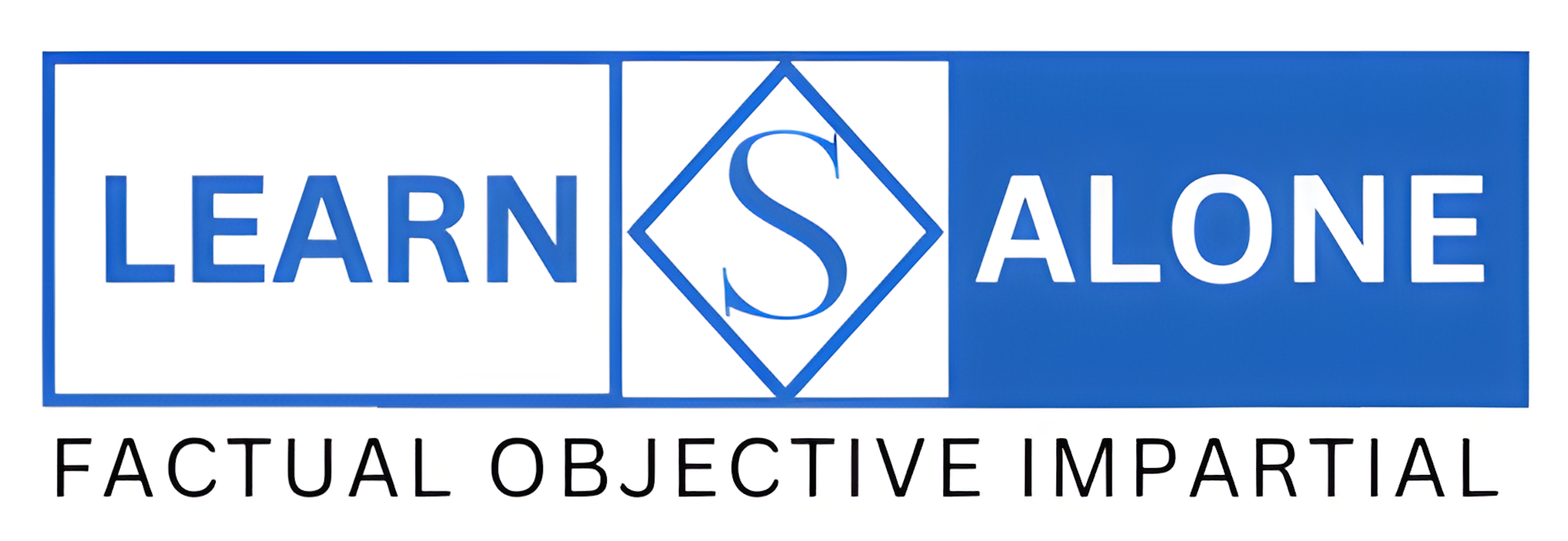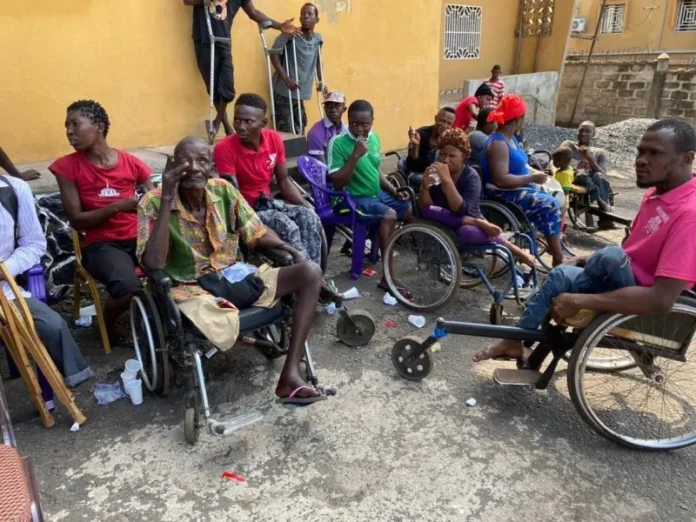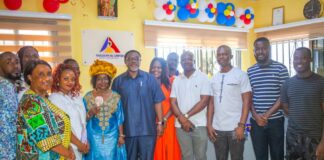By Edward Dictionary Caulker
In every bustling market corner and along the crowded streets of Freetown and other urban centers, one sight remains heartbreakingly consistent: persons with disabilities (PWDs) sitting by the roadside, hands outstretched, relying on the charity of strangers.
For many, it’s an everyday scene, absorbed into the rhythm of the city. But this image hides a deeper national crisis—one that raises profound questions about justice, equity, and the soul of Sierra Leone’s development journey.
Why are so many citizens with disabilities left to beg in the streets? And what real difference, if any, has the Disability Act made since its enactment?
Back in 2020, the National Commission for Persons with Disabilities (NCPD) disbursed 46 million leones to support disability groups and individuals. Yet five years later, the landscape for PWDs remains largely unchanged. The number of disabled beggars has not declined. Opportunities have not dramatically improved. The streets still speak of broken systems.
Fast forward to July 2025, and a glimmer of hope reemerges. Minister of Social Welfare Melrose Karminty announced a significant breakthrough: nearly $1 million secured from partners in New York, earmarked for the empowerment of persons with disabilities. The upcoming Economic Empowerment Project aims to build and renovate training centers across the country, offering practical skills training as a sustainable alternative to begging. In tandem, she cited efforts to address substance abuse—highlighting the recent reintegration of 50 individuals at centers in Hastings and Bo, some even resuming education.
Meanwhile, Brima Abdulai Sei, the newly appointed Chief Commissioner of the NCPD, has unveiled an ambitious strategy under the banner of PRIDE—Policy Engagements, Resilience, Inclusion, Dignity, and Empowerment. Under this vision, the Directorate of Science, Technology & Innovation (DSTI) is set to train over 1,000 PWDs in digital and vocational skills. These are promising signals. But Sierra Leoneans have seen promises before. The real question persists: Will this time be different? Or will this become yet another “word na mouth” initiative?
The Deeper Roots of a Persistent Crisis
To truly understand why PWDs end up begging, we must go beyond political pronouncements. At the heart of the issue is a brutal mix of economic marginalization, social stigma, systemic neglect, and political invisibility. The result is not merely personal hardship—it is a national moral failure.
1. Poverty and Exclusion from Economic Life
For many PWDs, poverty both causes and compounds their condition. Access to decent work remains nearly impossible, not because of incapacity, but because of entrenched discrimination, lack of training, and inaccessible workspaces. Fewer than 10% of adults with disabilities are employed, according to NCPD data. Employers continue to view disability as synonymous with dependence, disregarding the capabilities and talents that many possess. Even in the informal economy, mobility barriers and public infrastructure gaps shut them out.
2. An Education System That Forgets Them
The pathway to opportunity begins with education—a path blocked for too many children with disabilities. Many never enroll in school; those who do often drop out early due to the absence of inclusive teaching practices, assistive technology, or even ramps to classrooms. With the national education system already strained, inclusive learning is often treated as an afterthought. Yet without education, there is no real access to work, agency, or participation in civic life. The result? Begging becomes a survival tactic—not a choice.
3. Weak Social Protection and Policy Implementation
Sierra Leone has ratified international conventions and passed its own Disability Act, but little of that legal framework has translated into meaningful change. Disability pensions are scarce. Housing and healthcare for PWDs are inadequate. Psychosocial support is minimal. Institutions like NASSIT largely exclude those who never had access to formal employment. Even the NCPD, tasked with championing disability rights, suffers from chronic underfunding and limited enforcement powers. Policies, no matter how progressive on paper, remain powerless without political muscle and financial commitment.
4. Cultural Norms That Promote Pity Over Power
Sierra Leonean society still views disability through a lens of sympathy rather than rights. Acts of charity are lauded while calls for justice are ignored. This mindset reinforces dependence and diminishes dignity. When religious leaders, media, and families normalize begging as the only path for PWDs, the possibility of empowerment becomes obscured. It’s not kindness to give change while staying silent on structural exclusion.
5. A Deafening Silence in Leadership Spaces
Perhaps most damning is the invisibility of persons with disabilities in decision-making circles. Few hold leadership positions. Fewer still are involved in policy formulation. Their lived experiences are rarely centered in national dialogues. When laws are made for them, not with them, outcomes often fall short. As a result, their issues remain marginal—seen but not heard, counted but not included.
Time to Reframe the Conversation
The question of disability in Sierra Leone is not a matter of charity—it is a matter of rights. It is not about pity—it is about justice. We must reframe our national discourse around PWDs from one of dependence to one of inclusion, from token gestures to transformative action. Begging is not the symptom. It is the visible scar of an invisible wound—a wound inflicted by decades of neglect, stigma, and broken systems.
Political will is essential. But equally critical is a shift in public consciousness. We must begin to ask: How can a nation claim progress when its most vulnerable citizens remain on the margins? How can we speak of dignity and equality while enabling a system where thousands are forced to beg for visibility?
Until we act with urgency, until we center the voices and needs of persons with disabilities in our plans, budgets, and institutions, the streets will continue to be a cruel mirror reflecting our collective failure.
Because in the end, the real question is not why PWDs beg—but why we let them.



